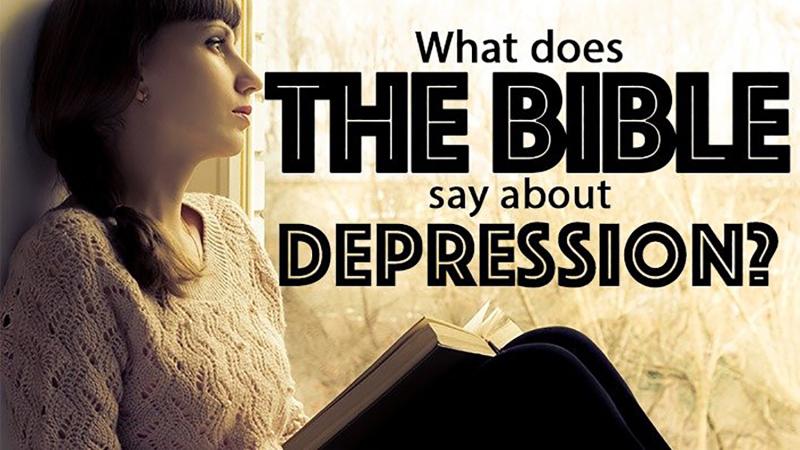
Complimentary Story
March 2024Elijah’s story goes from a literal mountaintop experience down to a suicidal desire.
God called Elijah to tell King Ahab that because of his sins it was not going to rain until Elijah said so.
Elijah went into hiding and God used ravens to bring Elijah his daily rations. Eventually the drought got so bad the brook dried up. God sent Elijah to the home of a kind and faithful widow whose flour and oil miraculously never ran out.
After the three and half years of no rain, God called Elijah to return to Ahab and rebuke him again. Elijah challenged the king to bring all the prophets of baal to meet him at Mount Carmel.
The prophets of baal tried all day to get their god to burn up their offering to no avail. Elijah built an altar, put a slain bull on it, and dug a trench around the altar; and even though the drought had not ended, he had twelve buckets of precious water poured upon the bull, wood, and altar until the trench was filled with water. Then Elijah prayed and fire came down from heaven and burned up everything — the sacrifice, the wood, the water, even the stones. The people cried out, “The Lord, He is God!” (1 Kings 18:39).
Elijah then prayed to God seven times and the Lord sent rain after three and half years of drought. God gave Elijah the strength to run before Ahab’s chariot and lead him through the rain back to his palace. Elijah was on a high and no doubt expected a full revival to take place throughout the land. But his great disappointment sent him into a deep depression, even to the point of wishing he was dead.
When Ahab’s wife, Jezebel, heard what had happened, she sent messengers out to Elijah stating that she would have him dead by the next day. Elijah, who had stood bravely for God for more than three and a half years, now ran for his life in fear.
After running for a few days, Elijah was exhausted and was suicidal, or at least wanted God to take his life.
How did God respond to such a prayer? He sent an angel who gave Elijah some food and let him rest. After resting and eating, Elijah journeyed to Mount Horeb, where God had given Moses the Ten Commandments.
Elijah was still depressed and he isolated himself for forty days.
God came to him and asked, “What are you doing here, Elijah?” Elijah was still bitter and presumptuous about how things should have worked out. He declared, “I have been very zealous for the Lord God of hosts; for the children of Israel have forsaken Your covenant, torn down Your altars, and killed Your prophets with the sword. I alone am left; and they seek to take my life.” (1 Kings 19:10). Notice all the fear and focus on self that Elijah expressed. Elijah had taken his eyes off God and placed them upon himself. He focused on his situation without taking God, or possibly other people, into consideration.
God responded by passing the cave with a strong windstorm, followed by an earthquake, followed by fire. But the Lord was not in any of those. Then God’s still small voice called Elijah, asking again, “What are you doing here, Elijah?” (1 Kings 9:13). Again Elijah responded as before. It seems he had been rehearsing that line over and over again in his mind, a very dangerous practice which is far too common.
If you hold a small envelope in front of your face and focus on it, drawing it closer and closer to your eyes, you will eventually get to the point where this small envelope can obscure the view of an entire building before you. When we review a problem over and over again, it can get bigger and bigger in our eyes, even crowding out God. It is good to see a problem clear enough that we understand it, but at the same time we need to be turning it over to God and reminding ourselves how much bigger God is than our problem.
As opposed to getting into an argument with Elijah, God gave him an assignment to go anoint a couple of kings and a prophet who would eventually replace him. God also told him there were still 7,000 people in Israel who were not serving the false god, baal. Elijah did what God told him to do and as a result of that, God was able to continue to use Elijah in wonderful ways, as well as the kings he anointed, and Elisha, the prophet who eventually replaced Elijah.
Elijah’s rehabilitation included good food, water, rest, exercise, getting him back to the Word of God, reminding him that he was not the only one in the world who had problems, and he was not the only person in the world whom God could use. God also reminded him that God was in charge, not him.
The Lord demonstrated to Elijah that He was all powerful, but that God’s powerful demonstrations were not as important in this case as hearing His still, small voice. God put Elijah back to work with people who would be an encouragement and help to him, and to whom he could be of help. That is quite a list and a pretty good daily recipe for each of us.
Learn more about Moses, and other depressed people of the Bible in the book “Depressed People of the Bible,” available where most books are sold.
Author’s Disclaimer: The information I will be sharing is not intended for diagnosis or treatment of depression. It is a biblical reflection on people throughout the Scriptures who dealt with depression and how God carried them through it to healing and purpose.



